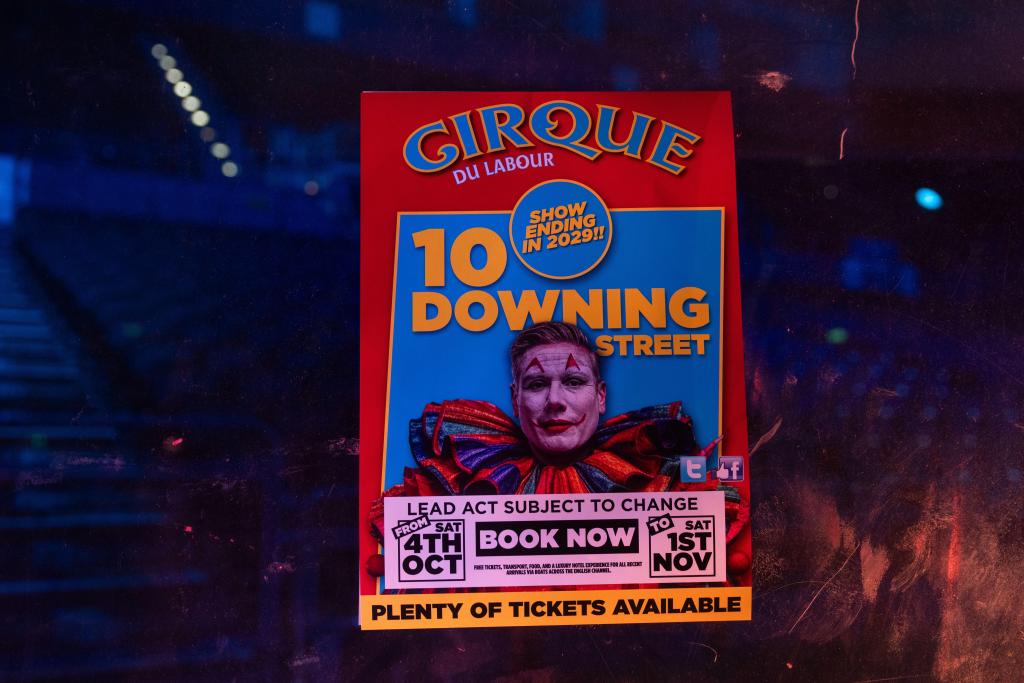If the leaks are correct, Rachel Reeves will use today’s Budget to abolish the two-child benefit cap. Another £3.4 billion a year will flow to larger families. On paper, half a million children will be lifted out of poverty. Labour backbenchers will congratulate themselves on a job well done, and columnists on the left will cheer that compassion has been restored. Forgive me for not joining in with the applause.
Addiction, chaos, and learned helplessness don’t vanish because the monthly bank transfer gets a little fatter
For 20 years I’ve been a foster carer working closely with underprivileged families, and what I’ve learned is that simply giving parents more cash won’t necessarily give those third, fourth or fifth children a better start.
I once collected five siblings from a house that reeked with a stench I can still vividly remember. Their overwhelmed single mum had agreed to voluntarily relinquish her children to the care system for a short period so she could get the house straight and stabilise her life. It was a simple plan but the reality was anything but straightforward.
When I arrived to collect the children, the front door barely opened because of the clutter. Turning sideways, I managed to squeeze inside, and then the stench hit – stale smoke, unwashed bodies and a sweet, putrid whiff of rotting flesh. In the living room I understood why: several dead fish floated belly up in an algae-choked tank. Cold kebab meat hardened on the carpet, cigarette butts floated in half-empty mugs of tea. The sofa was a mountain of filthy laundry and unopened post. Courtenay, the children’s birth mum, a weary 29-year-old, was frantically stuffing their belongings into bin-liners for me to take home. Somewhere in the chaos a leaking nappy was bundled in with the dirty T-shirts. One of the children, her four-year-old, was welded to his iPad. The other, a toddler, was already wearing the blank, defeated expression that usually takes decades to acquire.
Courtenay loved her children, but she lacked the capacity, the stability, and any kind of scaffolding around her to parent five young children safely. Extra child benefit would have perhaps bought more fish, more cigarettes, more cider. It would not have given her the wherewithal to flush her toilet or open a window. Love is rarely the missing ingredient in these families. More often it’s the notion that the benefits system is a temporary bridge rather than a multi-generational career.
Addiction, chaos, and learned helplessness don’t vanish because the monthly bank transfer gets a little fatter. They deepen. The ten-year-old who is already parenting her siblings while Mum sleeps off the night before doesn’t suddenly find the time or inclination to complete her homework because the family’s child benefit payment has gone up by £40 a week.
And yet the solution currently in fashion is to abolish the very modest restraint the two-child limit represented and to pretend that ‘scrapping the cap’ is synonymous with ‘ending child poverty’. It is the moral equivalent of giving an alcoholic the price of another bottle because his children look thin.
Most taxpayers want quiet reassurance that if they’re digging deeper, their money will actually reach the children it’s meant for and not disappear into the same old black holes. How about issuing extra benefit only in the form of a payment card that cannot be spent on booze or gambling? Food vouchers for meat and veg could do wonders for childhood obesity, another burgeoning crisis, while actually feeding the children they are meant for. And linking additional payments to at least one adult in work or training would send a message that these children desperately need: getting up in the morning and earning money is necessary, healthy and life-affirming.
I’ve seen how even one person in work can transform children’s lives. It’s amazing to see how quickly everything changes when someone, even one person, shows them a different kind of life. One of my foster lads, Bailey, arrived at 16 with a rap sheet longer than most adults manage in a lifetime. What turned him round wasn’t more pocket money, more freebies, and it certainly wasn’t sympathy. It was routine, chores, school attendance, and the promise that if he stuck to the rules he could train at the boxing gym with my nephew. Zac, 28 and quietly cool, became the first working man Bailey had ever admired. One working role model did what decades of benefits never could.
And Courtenay? It took some time, but the shock of losing her children, albeit temporarily, to the state, led her to accept the help that had so often been offered to her. Four years after I’d climbed over the rubbish in that hall, I bumped into her at the supermarket. Her hair was clean, she was wearing a sweatshirt with a cleaning-company logo, and the toddler who once stared at the world like it had already beaten him was skipping beside her in a school uniform.
Rachel Reeves has an opportunity today. She can virtue-signal to the Labour backbenches by simply turning on the tap and hoping a bit more water somehow reaches the children rather than the off-licence. Or she can be radical in the true sense: she can insist that help comes with strings, ones that teach the next generation that work pays, that chaos can be escaped, and that the most valuable thing a parent can give a child is not another handout but the sight of them leaving the house each morning to earn a living.
Until then, let us drop the pretence that handing more money to failing parents is the same thing as ending child poverty. It isn’t. Sometimes it is the precise opposite.
*Some names in the piece have been changed.








Comments